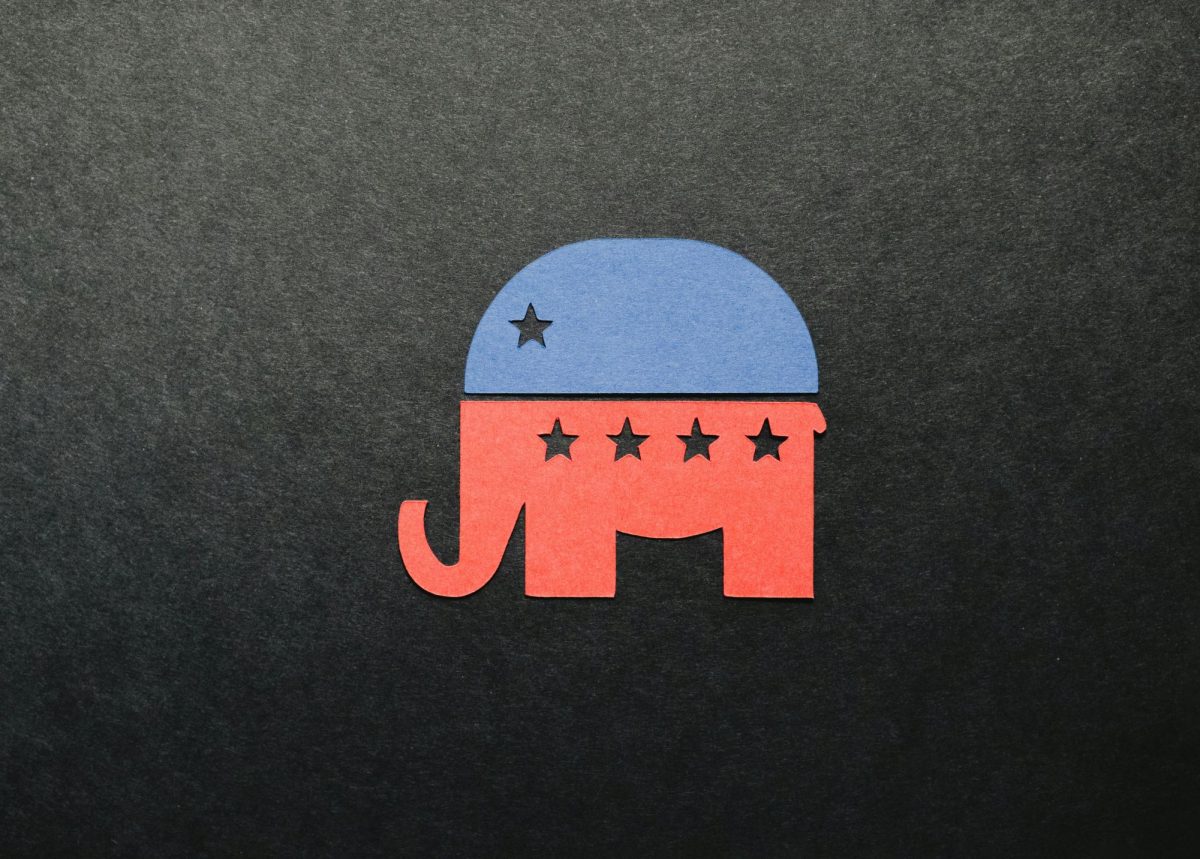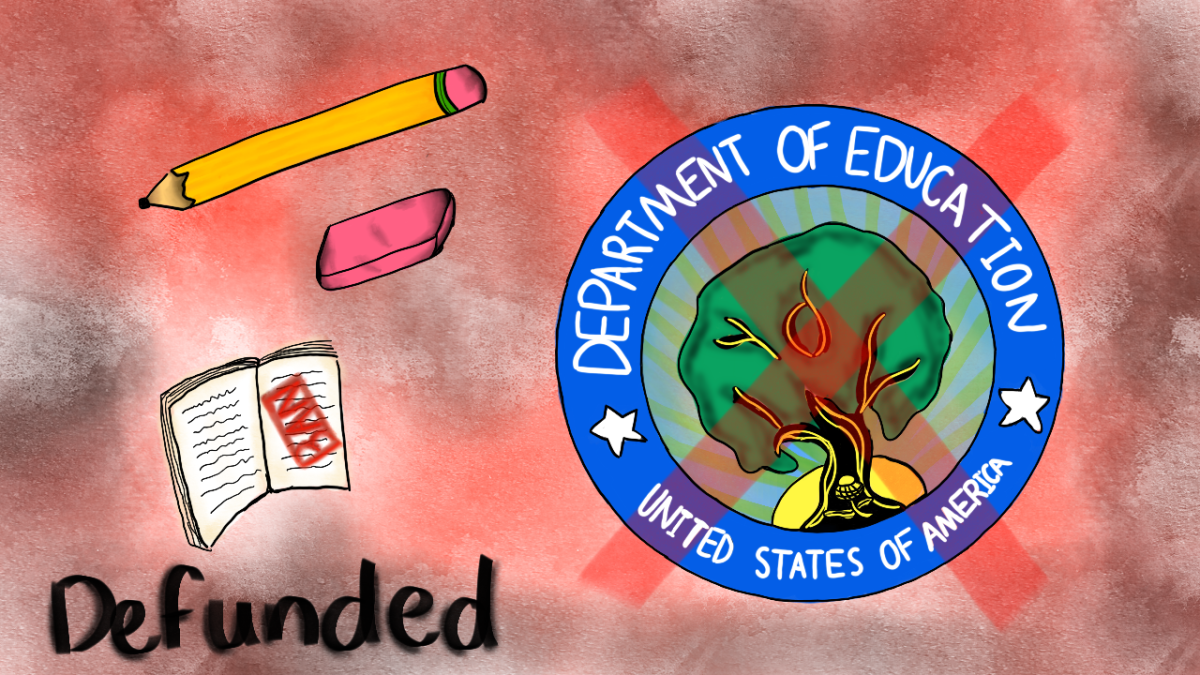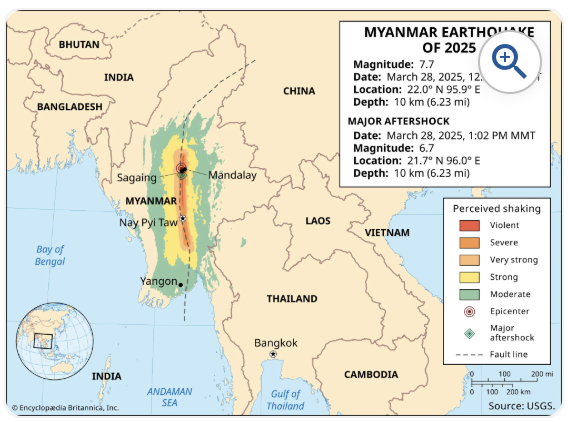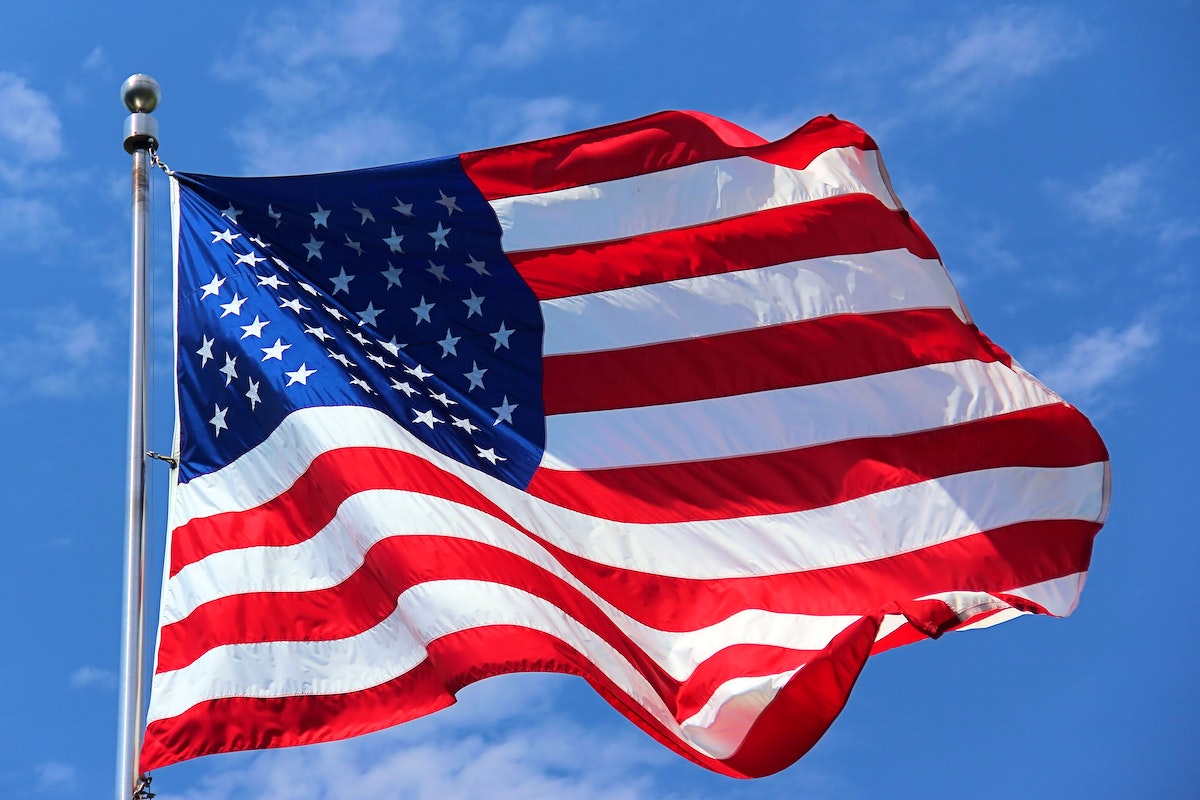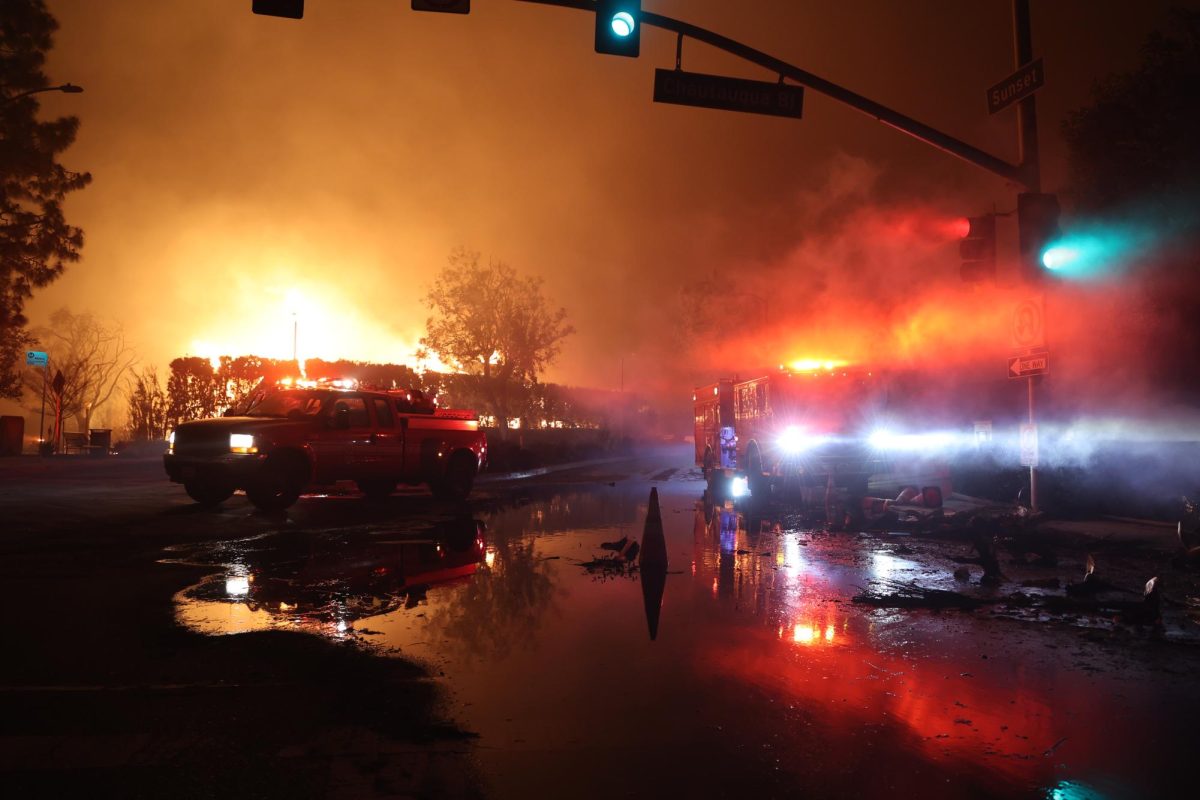Beginning in January 2024, Republican presidential candidates will compete in the GOP primaries, vying for the party’s nomination to take on President Biden (or another Democratic nominee) next November.
The first Republican primary debate took place on August 23rd in Milwaukee, Wisconsin and was watched by around 13 million people. Those debating were former Vice President Mike Pence, who has since dropped out of the race, entrepreneur Vivek Ramaswamy, former New Jersey governor Chris Christie, Florida governor Ron DeSantis, former governor of South Carolina Nikki Haley, South Carolina senator Tim Scott, governor of North Dakota Doug Bergum and former governor of Arkansas Asa Hutchinson. Though former President Donald Trump, who is competing for the GOP nomination as well, was not in attendance, he took part in an interview with Tucker Carlson that was aired simultaneously with the debate on X (formerly Twitter). While many of the candidates took shots at Trump for not being in attendance, most of the potential candidates took time to try to make a name for themselves.
The only candidate with no political history, Vivek Ramaswamy, put a target on his back by saying that he’s “the only one not bought and paid for.” This was met by outrage from the other candidates, mainly Christie and Haley, who attacked him on his inexperience and foreign policies. A notable concern that persisted was the candidates’ frequent interruptions of each other, which posed difficulty for the moderators in maintaining order; this issue continued in the second debate on September 27th as the candidates aggressively sought to sway supporters away from the frontrunner, Trump, who was again not in attendance.
According to FiveThirtyEight, a website focused on political polling, as of October 17th, Trump leads in Republican primary polls with 57.6% of Republican voters, followed by DeSantis at 13.4%, Haley at 7.2%, Ramaswamy at 7.0%, Pence at 4.2%, Christie at 3.4%, Scott at 2.1%, Burgum at 0.8% and Hutchinson at 0.5%.
The Republican party seems to be experiencing divisions between several factions of its members: those who remain loyal to Trump, those who prefer to support alternative candidates, and those who are staunchly opposed to voting for Trump; the Republican party itself has become increasingly fractured, and many Republicans fear that if Trump gets the Republican bid, there will be a repeat of the 2020 election. Currently there is not a consensus challenger to Trump in the Republicans caucus, and if the field remains split, Trump’s path to the Republican nomination will be clear and simple. With President Biden’s approval rating dipping below 40% (FiveThirtyEight), the Republican party has a massive opportunity to take control of the White House and control the direction of American politics for the next 4 years.


